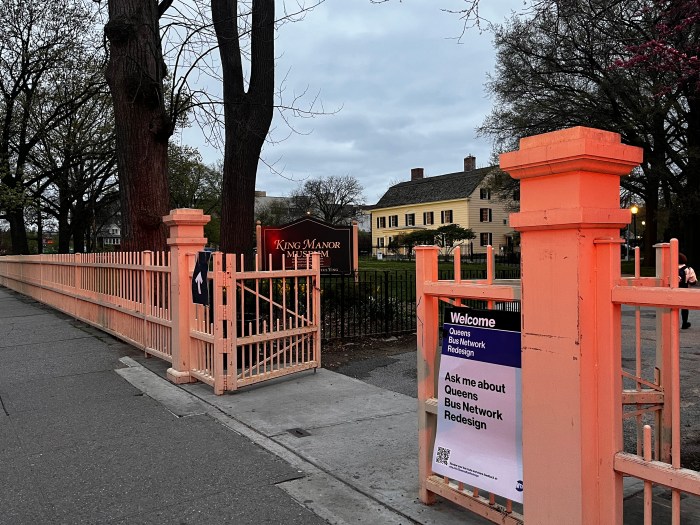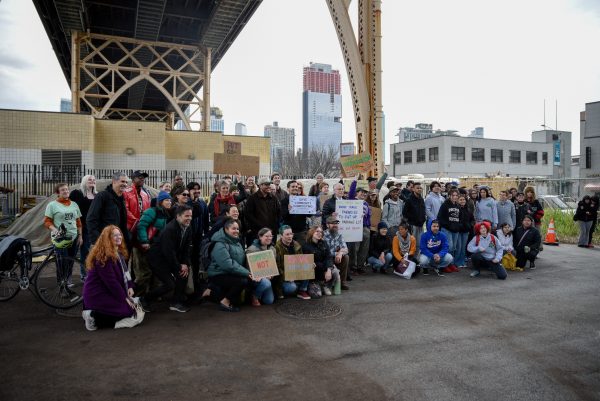The New York City Department of Consumer Affairs (DCA) has nixed proposed legislation to limit the purchase of etching acid, a chemical commonly used for graffiti.
Introductory Bill 380, which aims to keep etching acid out of the hands of potential vandals by requiring buyers to obtain a license, was rejected by DCA at a hearing held Monday, September 24.
Councilmember Peter Vallone, Jr., who sponsored the bill, said he will redraft an edited version of his proposal and continue to seek DCA’s support. Getting legislation passed by the end of the year, however, is unlikely, said Vallone.
In its testimony, DCA argued that a license requirement would cast an unfair net over “untold multitudes who use [etching acid] for perfectly legitimate artistic, commercial or industrial applications.” DCA also called it unfair to ask honest consumers to pay the $75 cost of personal background checks - a requisite for such a license - and questioned whether the bill would really deter graffiti.
Vallone’s confidence in his bill remains strong, if slightly cooled.
Etching acid, a chemical substance used to etch, carve or engrave glass or metal, is a popular medium among visual artists, and is used in the automotive, jewelry, sign-making and woodworking industries.
In recent years, it has cropped up on private and public property as a form of graffiti. Unlike spray paint, it cannot be washed or removed, yielding permanent defacement. In addition, the chemical can burn and destroy skin, making it extremely dangerous if used improperly.
“If a small child puts his hand on a window that’s been tagged recently and it’s still wet, that child will need to be rushed to the hospital,” said Vallone.
Among the most common targets for graffiti are public transit vehicles, namely subways. The New York City Transit Authority (NYCTA), which operates the city’s subways, said it spends more than $11 million each year replacing windows defaced by graffiti.
“This is a cost that the riding public has to bear in the end,” said Councilmember Leroy Comrie, Chair of the Council’s Committee on Consumer Affairs. “It is in our best interests to vigorously enforce anti-graffiti regulations.”
NYCTA’s policy holds that any subway window rendered opaque or marred with an obscenity or racial slur be immediately replaced.
Charles Seaton, Spokesperson for NYCTA, declined to comment directly on Intro Bill 380, but said NYCTA is “behind anything that will lessen the occurrence of graffiti on subway cars or any public property.”
The bill has raised some eyebrows, however, among artists who question its core principal. By labeling acid as a destructive chemical, said visual artist Karen Fitzgerald, the bill fails to acknowledge it as a valid artistic medium.
For Fitzgerald, who said she never had a problem obtaining etching acid for her artwork, the material’s permanence is what keeps her from totally opposing the bill.


































